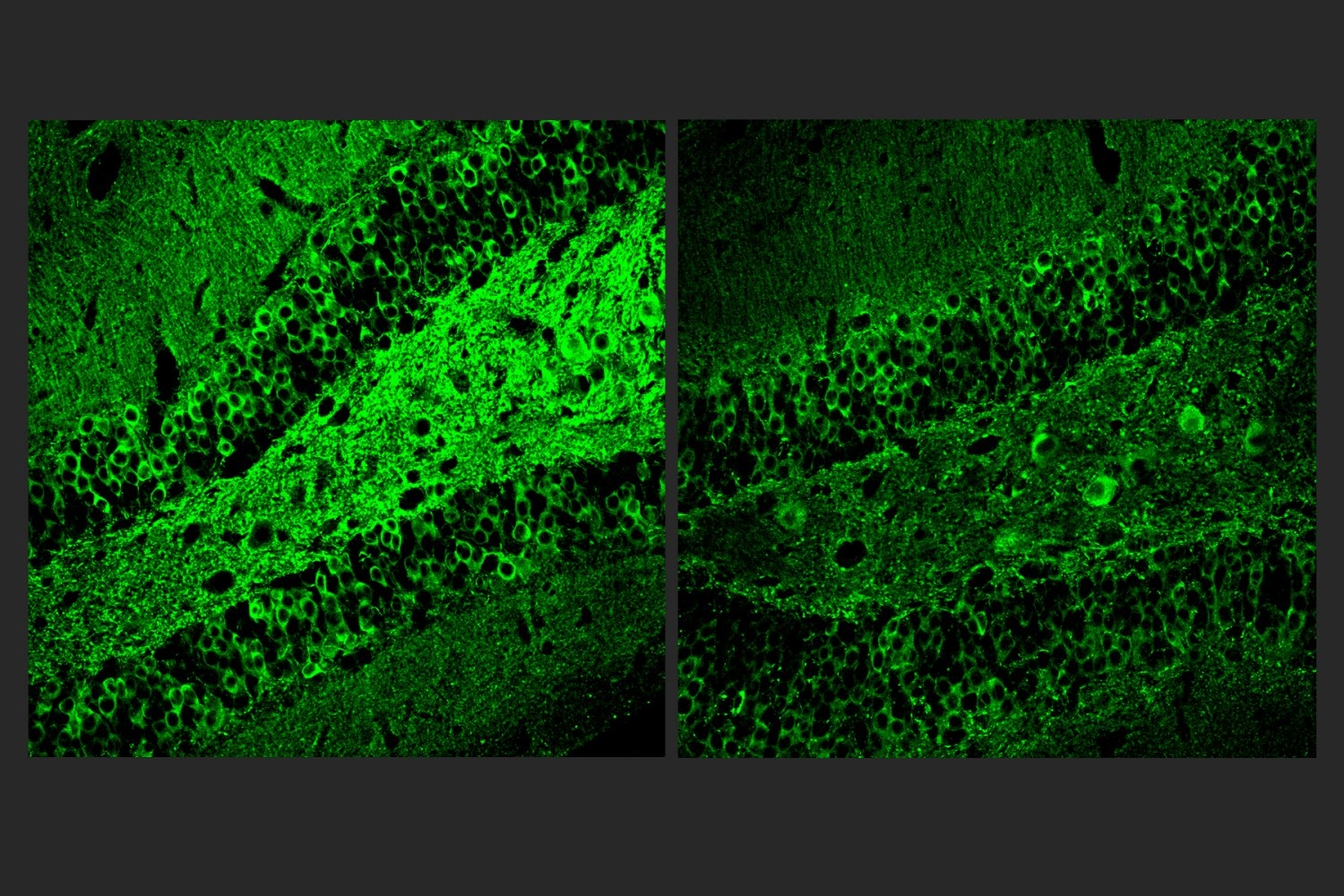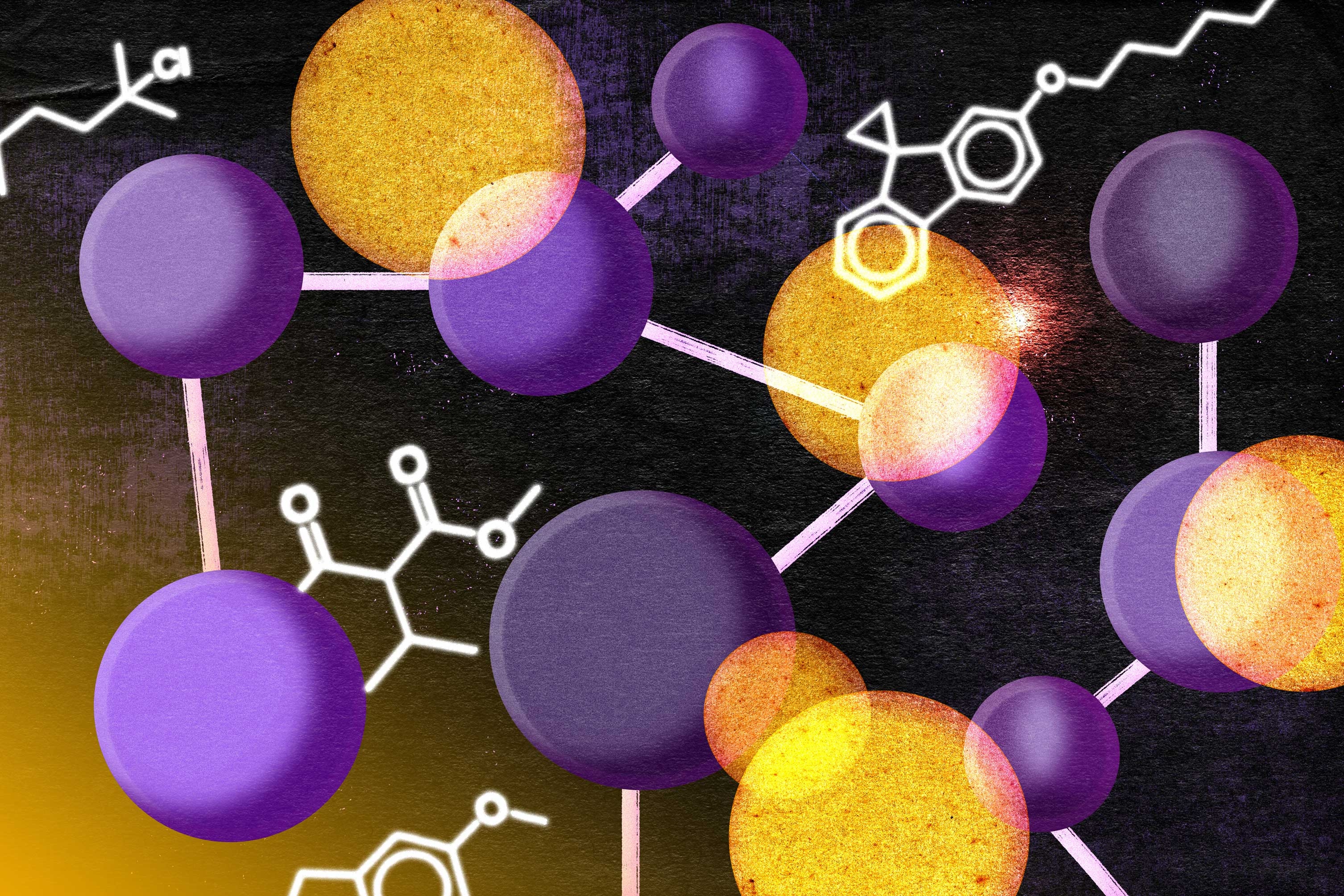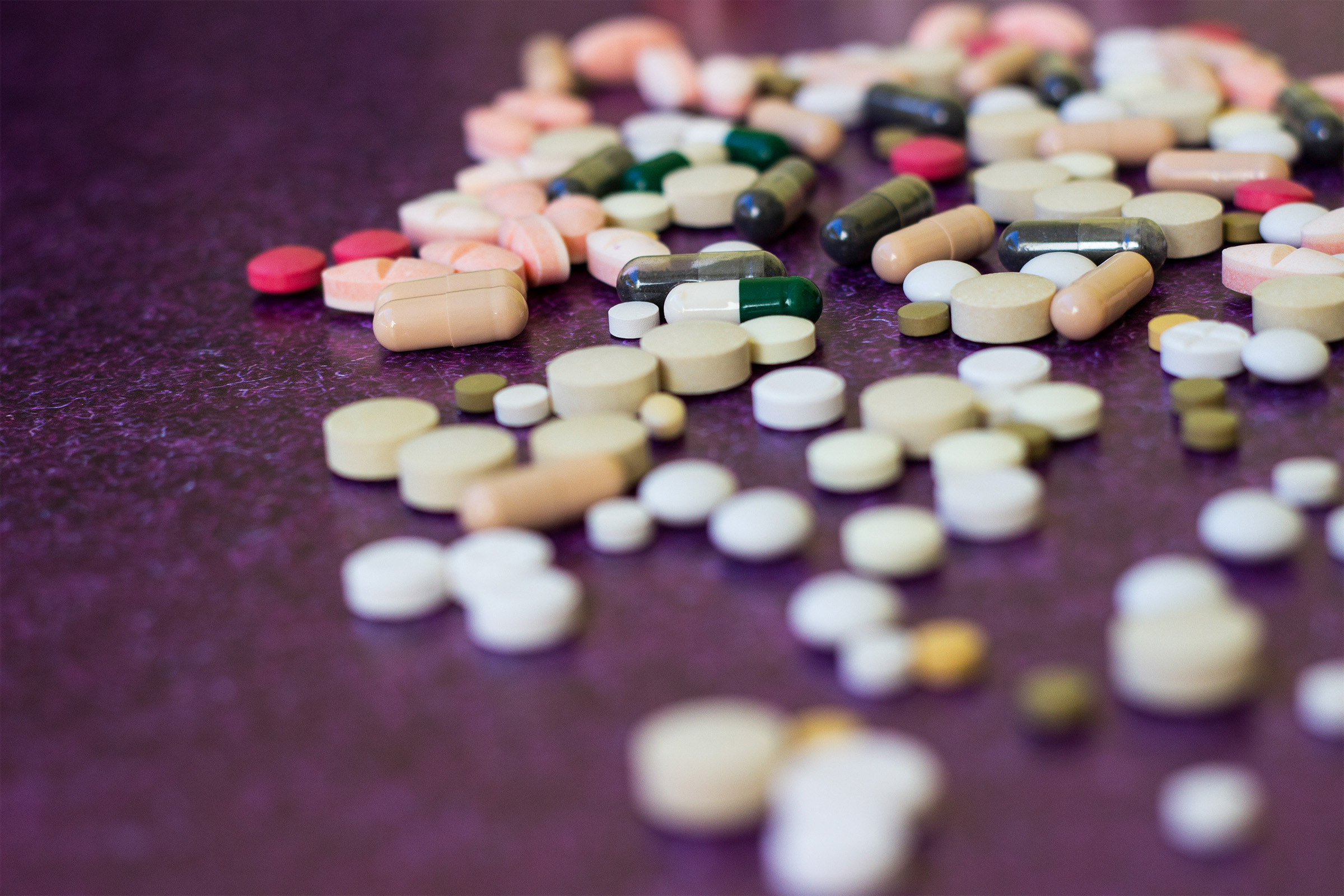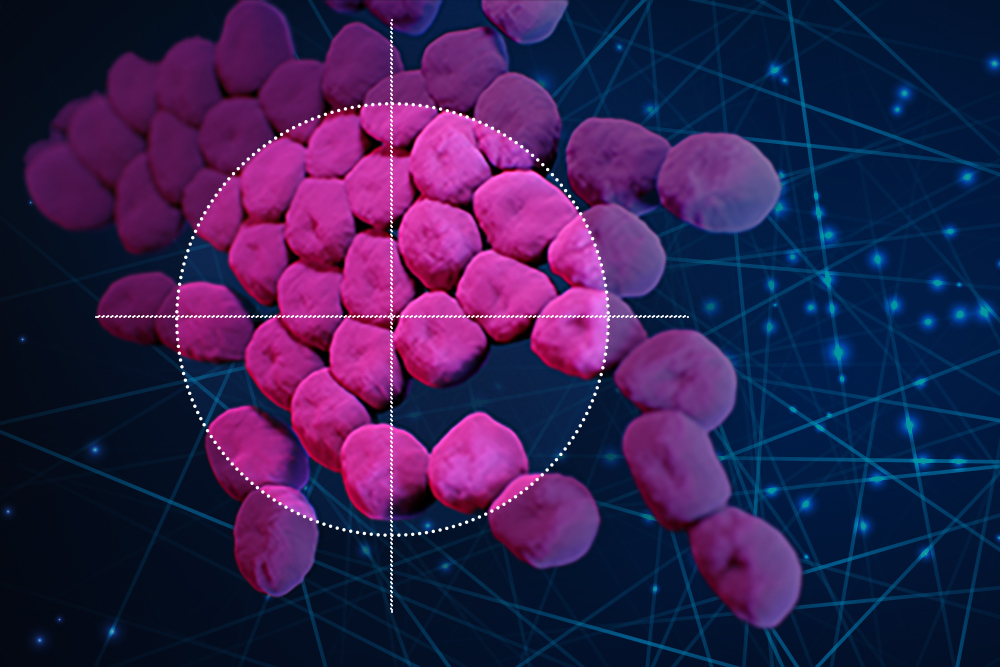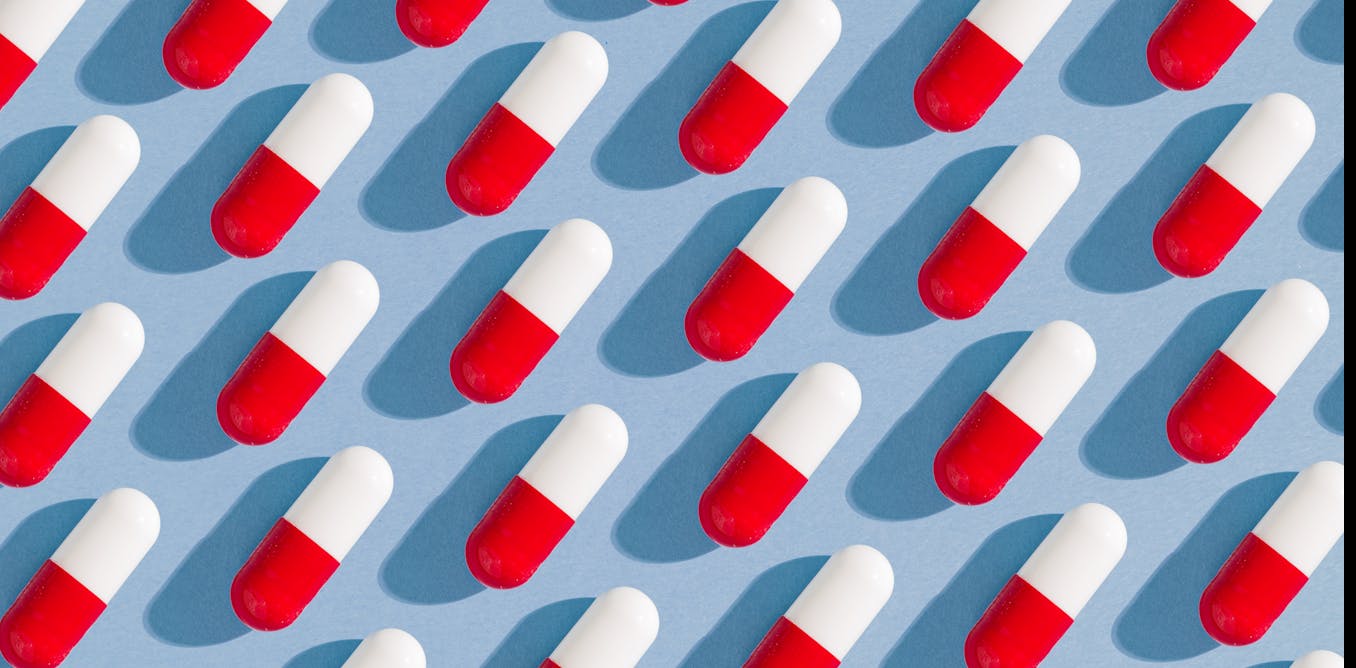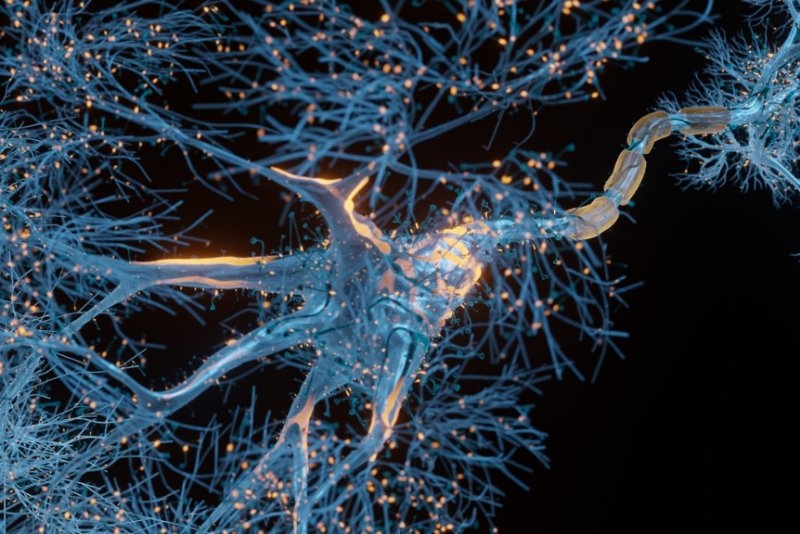Molecule reduces inflammation in Alzheimer’s models
A potential new Alzheimer’s drug represses the harmful inflammatory response of the brain’s immune cells, reducing disease pathology, preserving neurons, and improving cognition in preclinical tests.
Sept. 5, 2023 • ~8 min

